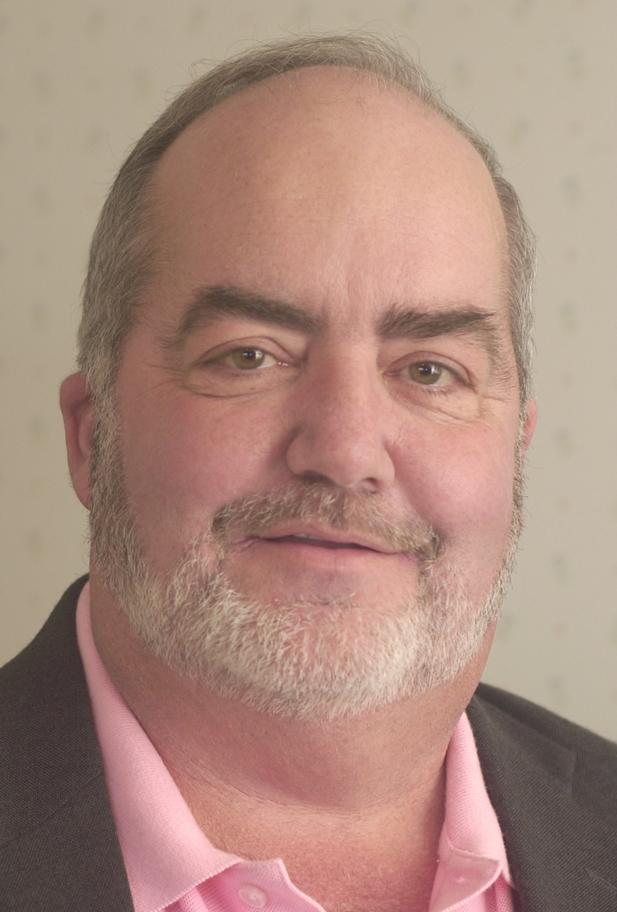Former tax preparer Jack Brown confesses to Ponzi scheme
Friday, January 1, 1904
On Tuesday, Jack E. Brown finally admitted the truth -- some of it.
From his hospital bed, the former tax preparer confessed to a long-term, wide-ranging Ponzi scheme, whispering details through a speaker phone to a waiting crowd of creditors in U.S. Bankruptcy Court, Chattanooga.
Brown sounded frail and confused, contradicting himself at times when it came time to reveal the location of thousands of dollars that he took from widows and retirees in the form of promissory notes.
"What I was going to do was take his money and then the money that was being paid off and reuse his money and make some extra money," Brown explained at one point when asked by Trustee Jerry Farinash how he could make money when he was simply shuffling cash from one investor to another.
"I used it to pay debts that were owed," Brown finally admitted.
He only raised his voice when it came time to take sole credit for the financial decisions that landed him in bankruptcy court, deflecting criticism of his wife and son, who most creditors say were deeply involved in what has been called a "family Ponzi scheme."
Brown admitedly took some money in the form of personal loans, sometimes in cash, and sometimes as investments. Some money went into an E-Trade account, while other money went to pay back creditors and investors.
There was no system, and he doesn't remember all the details. Brown told attorneys that in the last days before his bankruptcy, he gave tens of thousands of dollars to individuals. But he can't remember their names.
When Nicholas Foster, an attorney for the U.S. Trustee's Office in Chattanooga, asked Brown if he had any financial accounts anywhere in the world, Brown's attorney objected and instructed him not to answer.
The first promissory note Brown took was in 1989, he said, and he began to pick up the pace of his scheme in 2003.
"The promissory note was nothing but a loan to me, so they loaned me their money, I took the money and invested it and made more money," Brown said.
But it all fell apart when he was no longer able to pay back the families who had unwittingly placed their life savings into harm's way.
Thomas Ray, Brown's attorney, said Brown testified after months of legal battles because he wanted to clear his conscience. There's no more money for Brown to fight over, Ray said. It has all been given back.
"The individuals that live in Sale Creek and Soddy received the money back," Ray said. "Many of them wanted the money dealt in cash, all of them knew that they were not paying taxes and many received substantially more than they put in. And most of them know about it."

